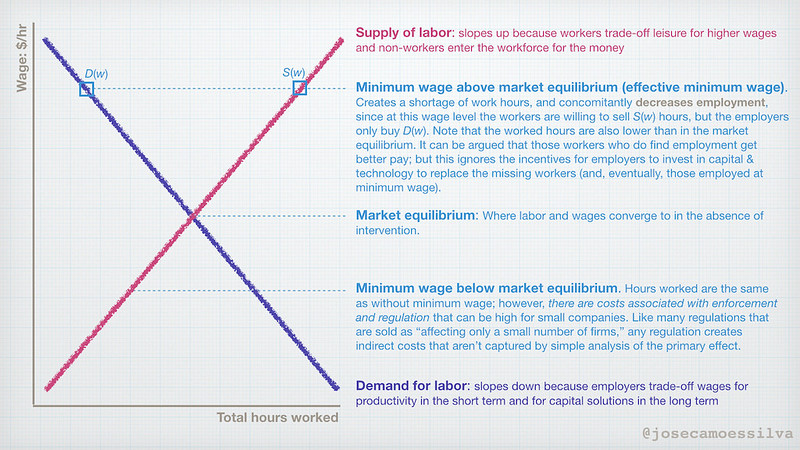More money, more problems. This is especially true here in California as we kick off 2020 with an increase in the state minimum wage. In San Diego, the minimum wage for small and large businesses will rise to $13 per hour. Across the rest of California, the minimum wage will increase by $1.
Most people, especially Democrats, operate under the misconception that increasing the amount that people are paid will solve most of the financial problems these workers suffer from. However, an increase in the minimum wage has a number of other [hopefully] unintended consequences. When businesses are forced to pay their workers more, it stifles growth. Smaller businesses will be incapable of hiring as many employees because they are forced to pay their current employees more.
These businesses may be compelled to fire current employees or shut down because they can’t maintain increased costs. There are also problems for the recipients of these increased wages. If people have more money, then businesses can charge more for services and products. Landlords will also be able to charge more for rent. When people have more money, the cost of living also increases. The economy evolves to fit the current circumstances and financial climate.

Photo by Jose Camões Silva via Flickr
Supporters of the policy will claim that the money is necessary for low wage workers to live in California’s more expensive urban areas; they are incorrect. California has created a problem— preposterously high cost of living—and is now trying to repair the damage by throwing more money around. This hasn’t worked for California to this point and there is no reason that anything will be different moving forward.
Democrats want simple, widely applicable solutions to complex problems. They pass narrow-minded legislation like minimum wage increases and expect the cost of living problem to be solved. But the economy of California is not a single monolithic system; the economies of each individual city and town are different and require local solutions, not sweeping state legislation.
Economic policy on a state level, especially in a state as large and diverse as California, will inevitably fail to address certain problems properly or even ignore those problems altogether. It’s time to accept the fact that California has some serious financial problems that can’t just be solved with more money.




